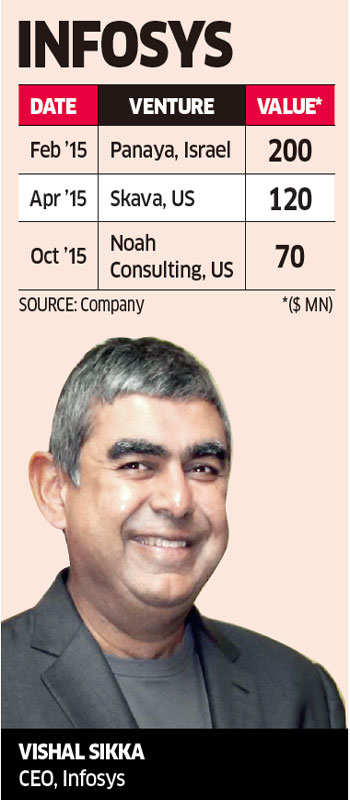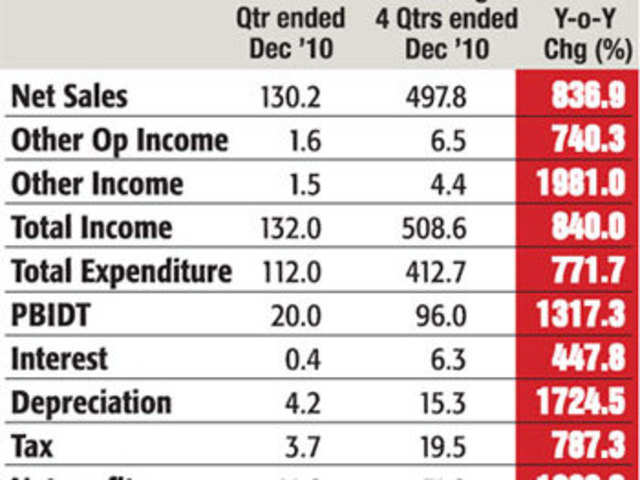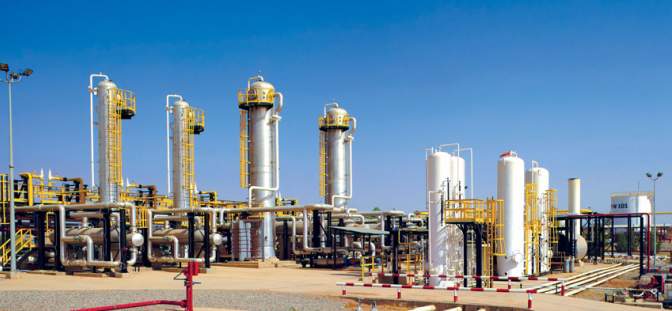By John Lee.
IFC, a member of the World Bank Group, is investing over $26 million in a new 161-bed hospital in Erbil in the Kurdistan Region of Iraq.
The facility will increase the availability of quality healthcare services and help address gaps in the country’s healthcare infrastructure. The $92 million Seema Hospital project is expected to open its doors in 2021. In addition to providing core health services, it will be one of the city’s first private hospitals with oncology, radiotherapy, and burn units.
Treatment capacity in existing public and private healthcare facilities in Iraq is limited, with damages to the system estimated at $2.3 billion because of the conflict, according to a World Bank report. The hospital is owned by the Macrom Company for General Trading.
Yaseen Al Bazzaz, Chairman and Chief Executive Officer of Macrom Company for General Trading, said
“Since opening our first hospital in 2006, we have grown into a leading provider of specialized health care services … Hundreds of patients are traveling desperately to neighboring countries for their medical needs. This will change once Seema Hospital opens and provides top-notch healthcare solutions.”
IFC is also contributing technical expertise, advising on environmental and social best practices, and providing guidance on corporate governance. The project is part of the World Bank Group’s strategy in Iraq to develop social infrastructure. Seema Hospital also will be one of the first buildings in Iraq to be certified by IFC EDGE, a platform that helps to determine the most cost-effective options for designing green buildings.
Tomasz Telma, IFC’s Senior Director for Manufacturing, Agribusiness, and Services, said:
“Iraq is a priority country for IFC, and we are committed to supporting its economic growth and health infrastructure … Investing in quality hospitals helps improve care, especially where there is often limited access to effective secondary and tertiary facilities, and introduce expertise, technology, and best practices to these markets.”
IFC has increased its investments in Iraq during the last decade. Its committed portfolio stands at about $254 million, up from $20 million in 2010.
As Iraq and other countries battle COVID-19, the World Bank Group, in response to the crisis, has announced $14 billion package of financing to help support countries to strengthen health systems and improve disease surveillance worldwide.
(Source: IFC)



